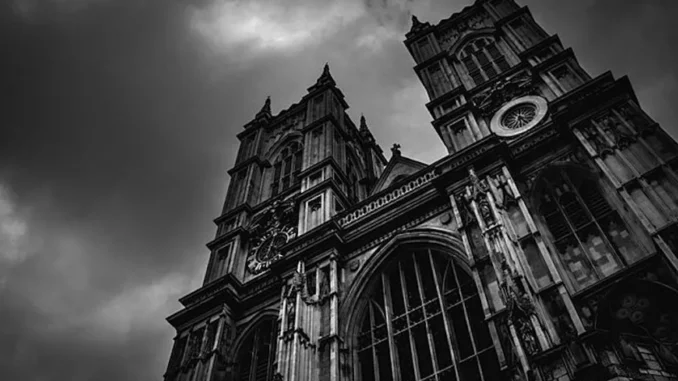
The echoes of a dark chapter in Anglican Church history resounded through South Africa this week as church leadership acknowledged their failure to protect communities from a known abuser. John Smyth, who died in 2018, cast a long shadow across three countries, leaving a trail of pain that spanned decades. The admission came in response to a damning report from a panel headed by a retired judge, highlighting systemic failures in the church’s response to abuse allegations.
Smyth’s story reads like a nightmare that refused to end. After allegedly abusing over 100 children and young men during Christian summer camps in the UK and Zimbabwe, he found refuge in South African parishes from 2001 to 2014. The church’s latest report reveals a troubling pattern of missed opportunities and failed communications that left congregants vulnerable.
Archbishop Thabo Makgoba’s apology echoes through empty church halls: “We did not protect people from that risk.” The words land heavily, particularly in light of parallel developments in the UK, where former Archbishop Justin Welby’s resignation followed revelations of his own failure to alert authorities when he learned of Smyth’s actions in 2013.
The South African panel’s findings strike at the heart of institutional responsibility. Even without evidence of local abuse, they concluded the church should have reported Smyth, given the high risk of reoffending. This case has become a watershed moment for the Anglican Church, forcing a painful examination of its protocols and priorities.
